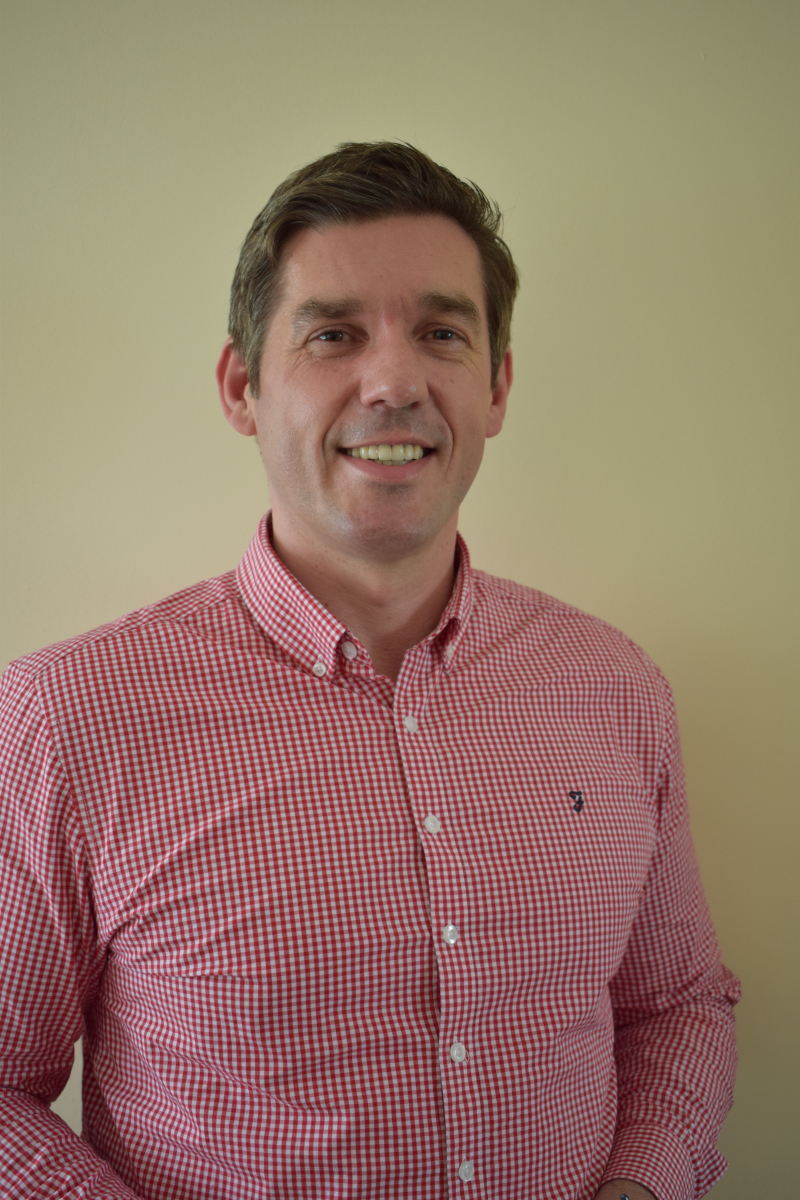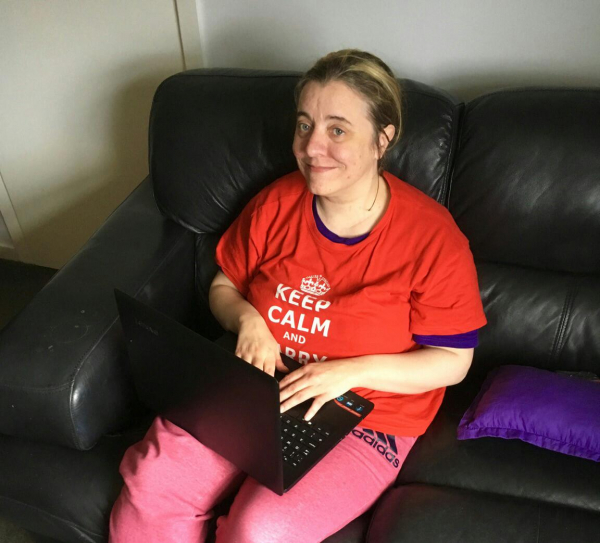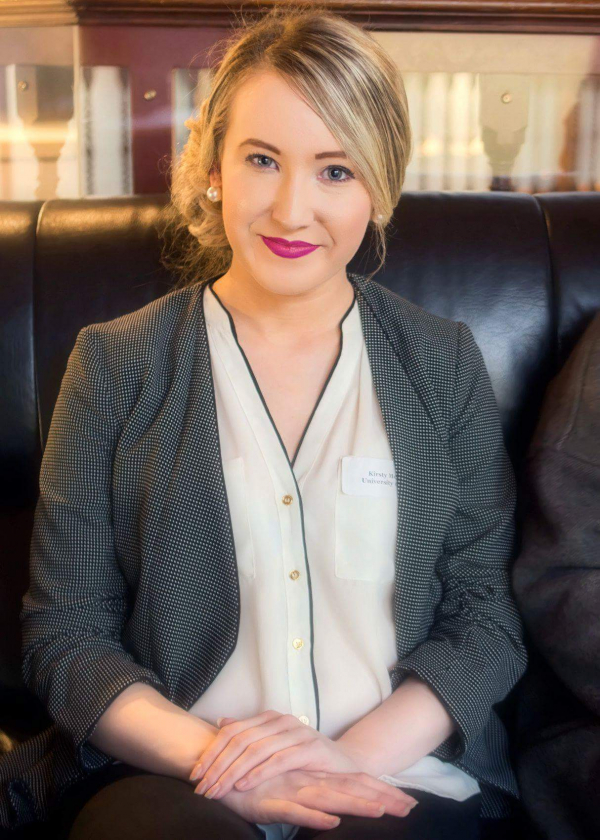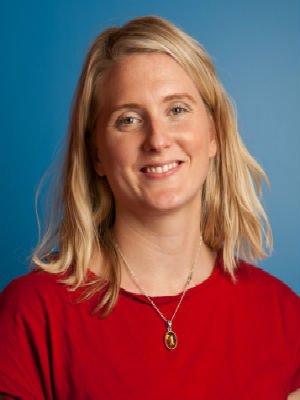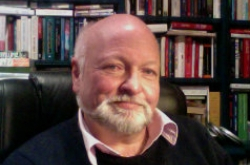Autism, Anthropology and Lived Experience: An Interdisciplinary Symposium
Alastair Clarkson, Researcher in Residence, Scottish Autism
Edinburgh Centre for Medical Anthropology (EdCMA) and Scottish Autism, 22 March 2018
When we practice ethical principles within services we bring values to our support relationships which help us meet the needs of autistic people throughout their life journey. When we believe that autism services exist in order to respect, interpret and respond to the lived experience of autistic people, it is likely we value the experience of others as we value our own.
In many professions and areas of research however, the autistic community continue to be described by the language and framework of medical ‘disorder’. As this language characterises autistic people in terms of variation from social ‘norms’, there is a risk that less value is attributed to their lived experience. Whilst some areas of autism research inform our contemporary understanding of autism the agenda of the medical model continues to prioritise, research investigations which focus overwhelmingly on causation and ‘treatment’. This restrictive impact of this agenda means the influence of the positive factors, values and practices that we know are able to directly improve the quality of individual autistic people’s lives remain largely unexplored. As a consequence, much of the knowledge and experience of staff and autistic persons is excluded from the majority of autism research studies.
In an effort to change this status quo, Scottish Autism set up the Centre for Practice Innovation (CPI) to focus on work with staff, autistic people and the wider research community which can promote the use of new methodologies and forms of evidence and share the innovative practice of staff. We believe that autistic people, families and the staff that support them are able to help the wider public and professional community understand autism in a positive way – we identify autism as a diverse neurological and physical difference rather than a pathological condition needing to be ‘cured’ or fixed. By researching the qualitative experiences within autistic lives, Scottish Autism aim to support the autistic community to share the knowledge of their experience and communicate how best we can support them. With this goal in mind our Research Manager Dr Joe Long recently collaborated with Roslyn Malcolm, a social anthropology PhD student at the University of Edinburgh to host an interdisciplinary symposium, ‘Autism, Anthropology and Lived Experience’. Joe’s expertise in anthropological research has been central to the development of our practice research programs within Scottish Autism.
The event aimed to focus on the lived experience and the embodied worlds inhabited by autistic people - exploring the contribution that ethnographic and phenomenological research can make to autism studies in order to promote alternatives to medicalised autism research. Joe and Roslyn’s opening joint presentation, ‘Foundations, Applications and Future Directions’ set the ground for the rest of the seminar. Providing an overview of the application of anthropology within autism research, Joe spoke about contemporary ways of understanding autism - seeing autism as a ‘way of being in the world’. This view recognises autistic experience as part of a diverse way of being rather than a deficit measured against social norms. Relating changes in the application of anthropology from early colonial documentation to the exploration of self-understanding within groups, cultures and individuals, Joe discussed the advantages of a ‘situated’ approach to research which relies on participant observation and intersubjective analysis. With the use of these research methods, processes of meaning making can occur for both research subjects and researcher, allowing both staff and autistic subjects to achieve ownership in the production of knowledge alongside the researcher.
Roslyn spoke about some of her research findings which focus on the therapeutic use of horse-based activities by children and adults on the autism spectrum. Her talk was highly practical and gave several key insights into some of the common misconceptions that surround phenomological research analysis. Her practical experience demonstrated that the application of these research techniques can make a solid contribution to the autism research literature.
The seminar also included a written contribution from Pum Dunbar – an autistic researcher and artist. As Pum preferred not to present publically, Joe worked beforehand with Pum to support her contribution to the seminar. This is a key example of the attitude that the wider autism research community should aim to adopt when collaborating with autistic people. At Scottish Autism we believe that by supporting autistic people to become authors of their own experience we can ensure the autistic community can make the most unique, practical and valuable contribution to autism research - that of their own lived experience. Pum’s work communicated to me that when we place value in the voice and experience of the autism community, we become open to a depth and breadth of autistic creativity and thought which is frequently overshadowed by a negative medical narrative.
Dr Damian Milton’s talk, ‘What is an aut-ethnography and what might one look like?’ drew on a wide range of literature to examine the meaning of an autistic sense of self. His rich exploration of self and identify was particularly interesting as he presented his aut-ethnography against this influence of the medical model. Damian explored the elements that helped form his own self narrative over time and discussed the intersection and influence of social concepts of autism and disability on the development of his own autistic self-identity.
Dr Catriona Stewart from the Scottish Women’s Autism Network (SWAN) and Scottish Autism spoke in depth about the application of phenomenological methods within her research - Catriona has done much to raise research awareness around the issues that autistic women face in society today. Her discussion of gender and autism stereotyping was particularly powerful when she related accounts of the institutional and professional bias that many autistic women face when barriers such as residual sexism intersect with a lack of understanding within professionals. One powerful example given was when trained professionals frequently question the ability of autistic women to bring up their own children.
Dr Stephen Kapp from the University of Exeter then gave an inspiring account of autistic advocacy within the Neurodiversity movement - it was clear from his talk that the amount of work the autism community has needed to invest just to have their voice heard was disconcerting - however on a personal level this made me feel more determined to change societal perceptions and attitudes toward the autism community.
After lunch, invited speakers joined in an open discussion chaired by our Deputy CEO, Charlene Tait. Many interesting discussions took place during the afternoon, including the use of new methodologies to produce relevant, and personalised research evidence with the use of ‘mixed methods’. In the final stages of the discussion, Dr Stewart raised a central point relating to the poor return of evidence within autism research which appeared to underpin much of the day’s discussion. She identified that as the scope of the questions that researchers ask remain fundamentally determined by their own view of the world, researchers have an ethical responsibility to be mindful of the questions they ask when designing research studies. Most crucially Dr Stewart argued that researchers should be able to explain the reasons why their research questions are being asked and identify the projected benefits for autistic people. This point is of particular relevance to an autistic community whose central request to the wider academic autism research community is one which still remains largely still to be honoured - ‘nothing about us, without us’.

